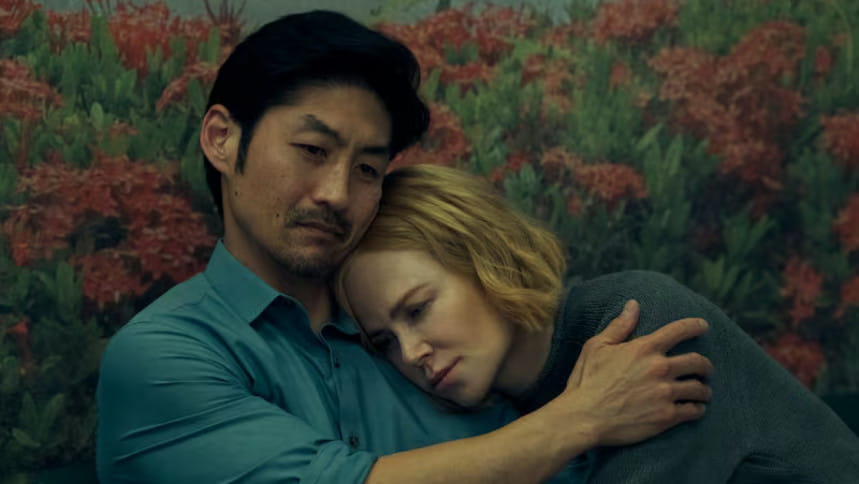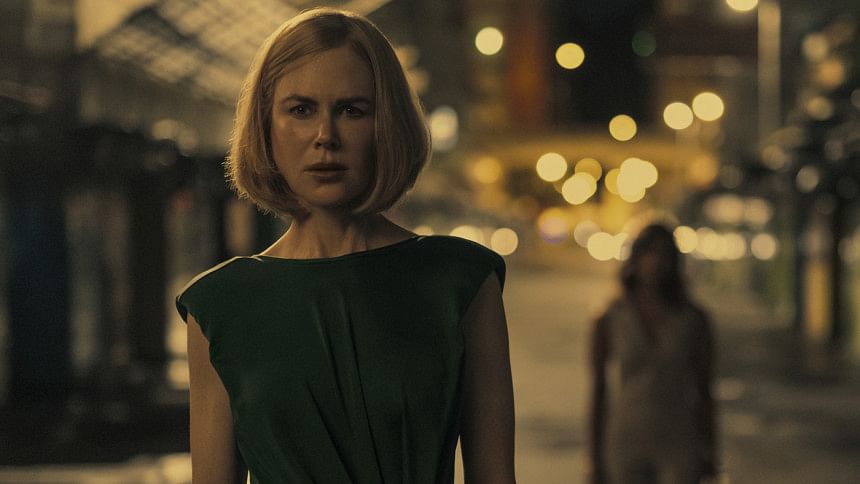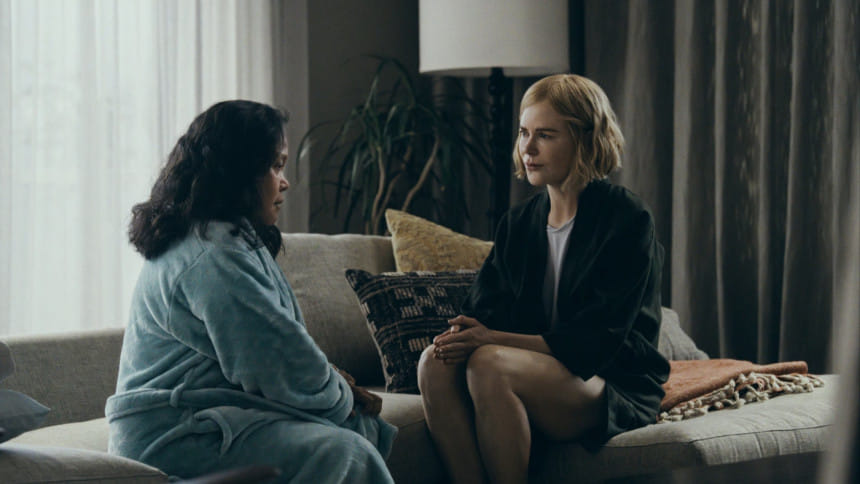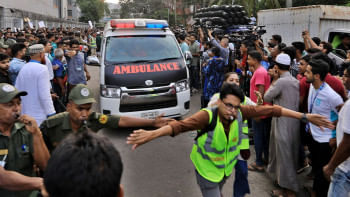‘Expats’: Of love and loss

Traumas are complicated; often, their roots involve multiple people, some of whom knew better, some didn't. But as the repercussions of trauma unfold over years and even generations, one is bound to ponder the deeper states of mind beneath the seemingly perfect social facades.
"Expats", an American drama television miniseries directed by Lulu Wang, is based on the novel "The Expatriates" by Janice YK Lee. Premiering on Amazon Prime this January, it has received much love for its sensitive portrayal of emotional entanglements.

The show features Nicole Kidman, Sarayu Blue, Ji-young Yoo, Brian Tee, Tiana Gowen, Bodhi del Rosario, Ruby Ruiz, and Amelyn Pardenilla, amongst others, in pivotal roles.
The show begins with the abrupt disappearance of Margaret's youngest son while he was with Mercy. This incident triggers a series of events, also involving Margaret's neighbour Hilary. As these women navigate their deep-rooted traumas and terrible sense of loss, the series highlights the role of the megastructures of patriarchy and capitalism in individual lives.
This incident is difficult to pin down as an individual's fault. Often, many such traumatising accidents are out of anyone's control. The guilt of Margaret and Mercy grapples them in a whirlpool of activities, many of which harm them further.

The show does a great job of portraying the complicated nature of the dynamics of a romantic couple. Sometimes, the very feature that binds individuals together can give rise to a sense of expectation that tears them apart. Hilary's husband, David, gradually gets away from her, all because she paused for a moment when she was interrogated about him. This subtle moment made him question their relationship, a nuanced example of the feeling of expectations for behaviours in relationships.
We witness the generational trauma that binds women in abusive marriages. Often, when a marriage breaks apart, unfortunately, the first thought that comes up is what people would say. This is reflective of the immense pressure women undergo to keep up in abusive marriages, despite being terribly alone and desolate. It is on an individual to tear apart these generational cycles and make better decisions for healthier dynamics.

We witness the ever-present power dynamics of race and nation-states in interpersonal relationships. They are still very relevant in the subtle setups of our lives. We witness how being a minority impacts an individual. We also see the power dimensions with helpers. Often, privileged ones want them to be close, but not too close, either. Often, they are desired in tough times, but refuse to be reciprocated.
The series takes place against the backdrop of the 2014 Umbrella Movement protests in Hong Kong. Hong Kong itself is an interesting setup, for it is a unique mixture of Eastern and Western values. The movement itself highlights the dilemma of an individual being part of a larger goal and sacrificing their familial bonds. This again posits the question of whether the insignificance of an individual in the grand scheme of things absolves one of guilt and mistakes.
"Expats" tells stories of motherhood, bonds, and love. It's about attachments and everything that dictates them.

 For all latest news, follow The Daily Star's Google News channel.
For all latest news, follow The Daily Star's Google News channel. 








Comments